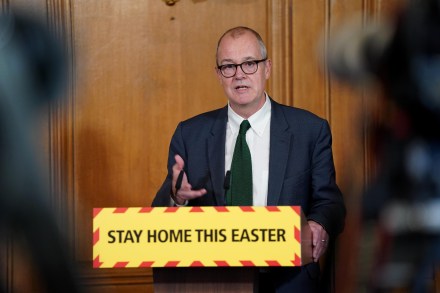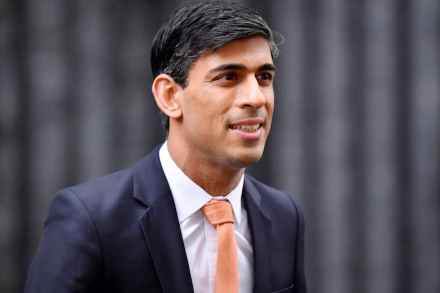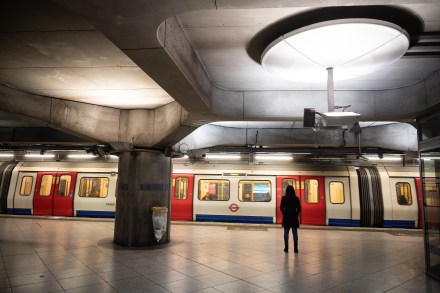The unknown factor that will help decide when the lockdown ends
Dominic Raab used the daily coronavirus press conference to confirm that the nationwide lockdown is unlikely to be lifted anytime soon. The First Secretary of State said that ‘the measures will have to stay in place until we clearly have the evidence that we have moved beyond the peak’. As for when we should start to see the number of fatalities fall, the chief scientific officer Patrick Vallance said that this could be around two weeks after the peak of Intensive Care Unit admissions. Given that no one thinks we have yet reached that point, there is some way to go. As for what happens after, the most sobering point of the















